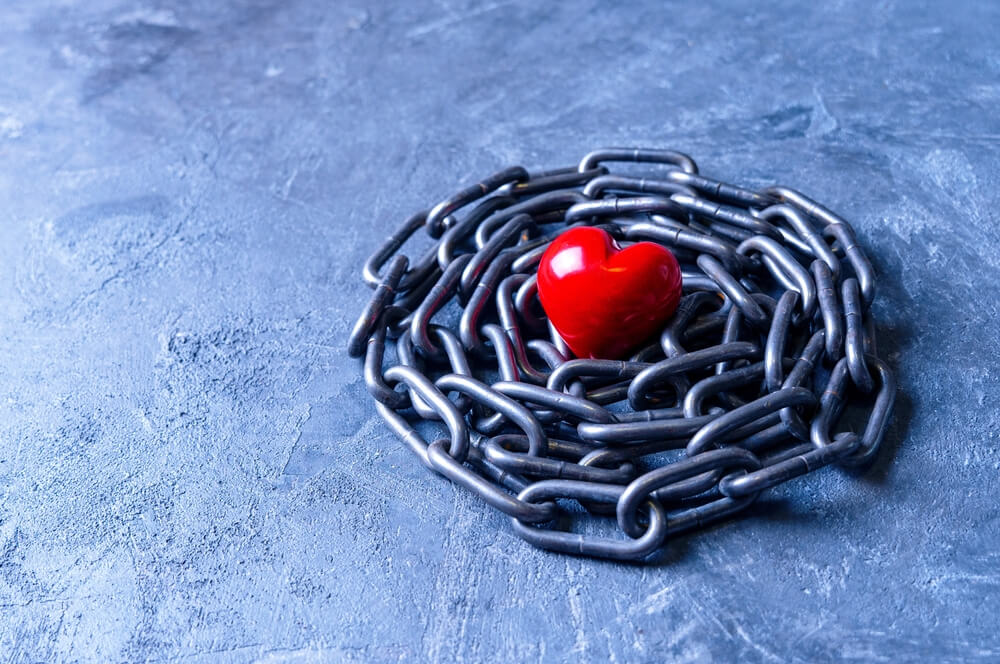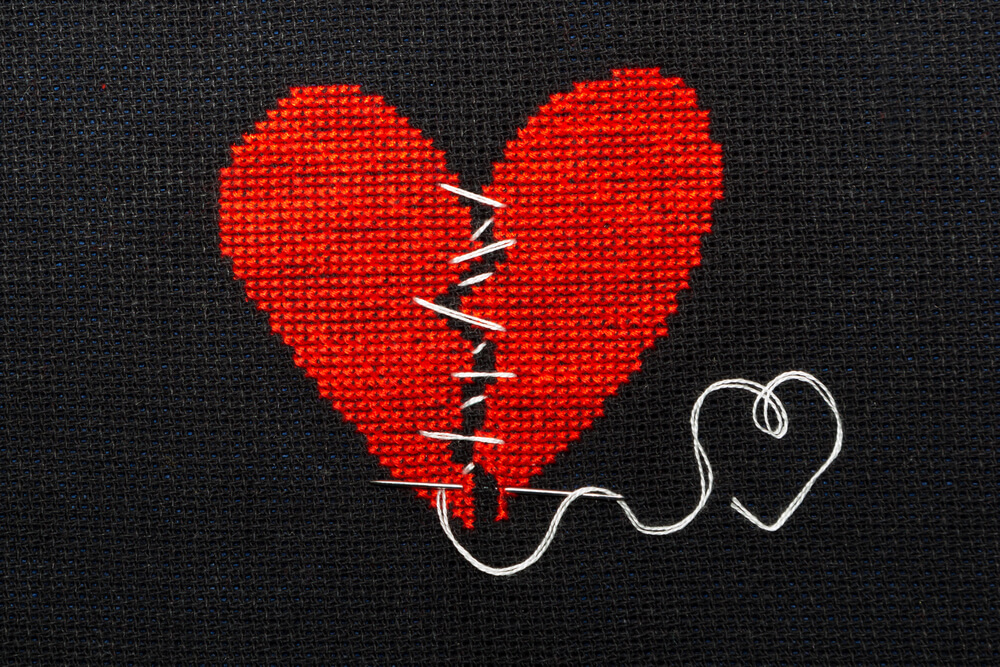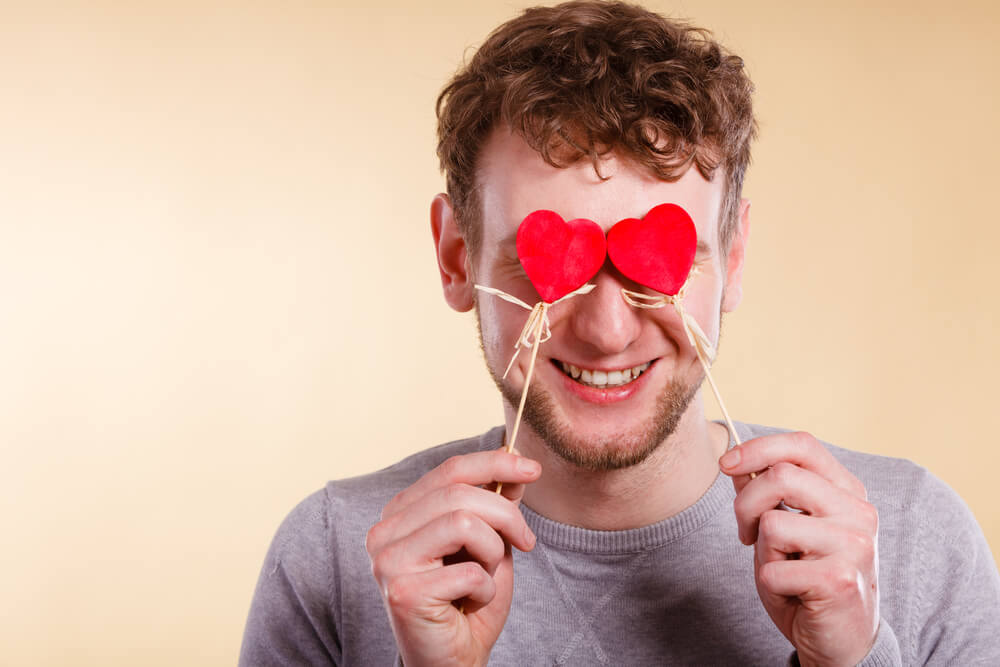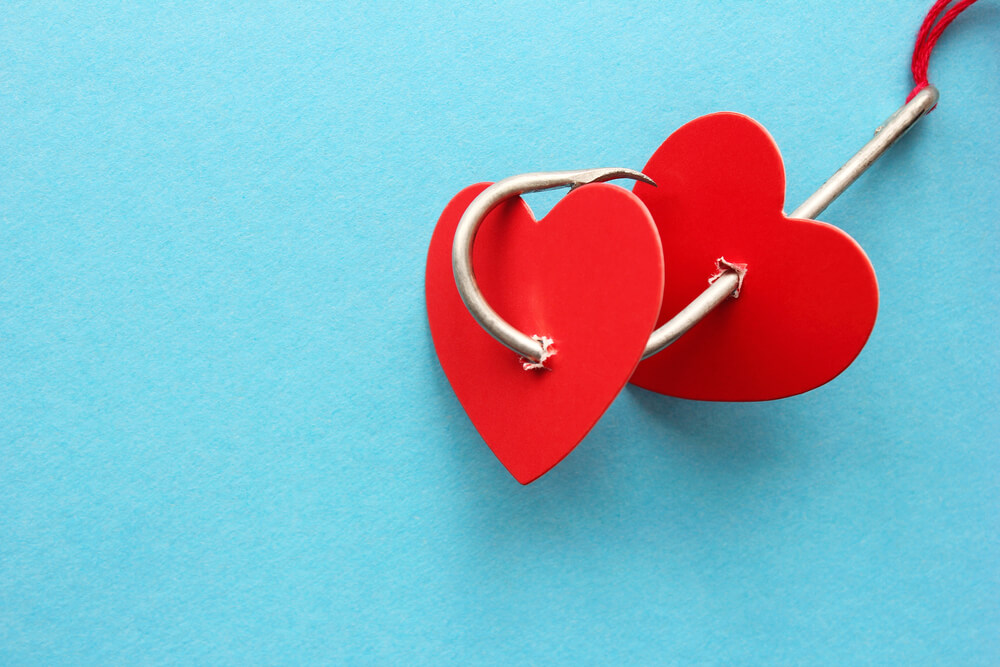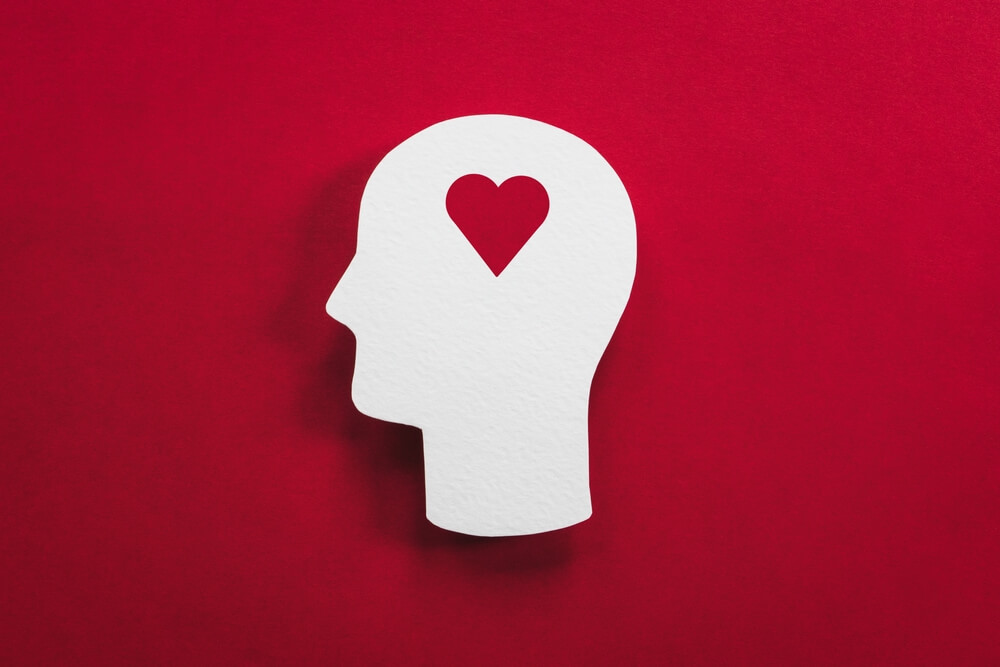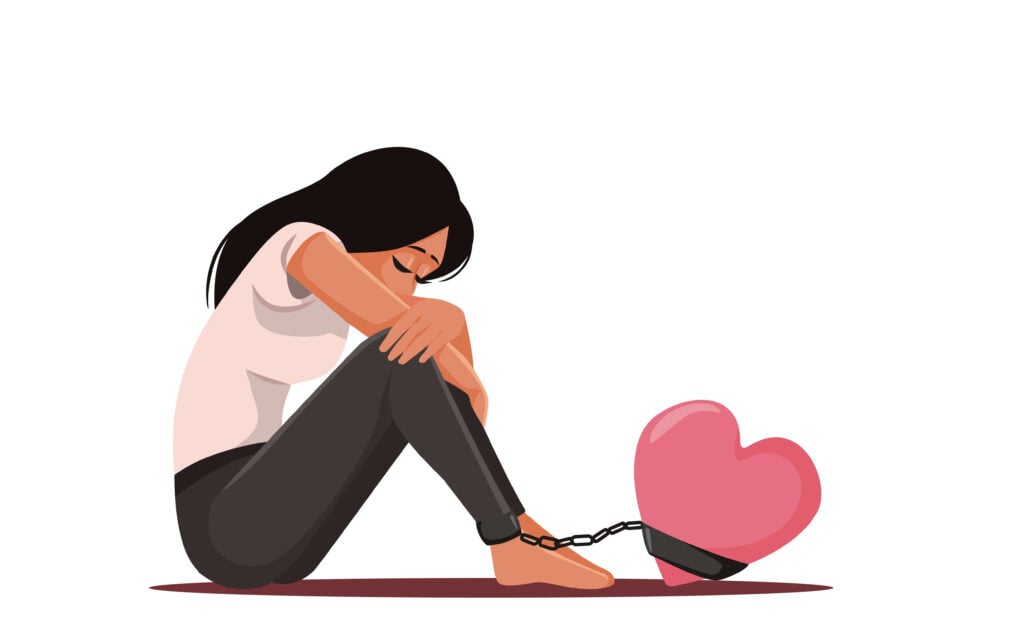Falling in love is a powerful and captivating journey that can sweep us off our feet. It encourages us to grow, explore vulnerability, and embrace the beauty of shared intimacy, sparking a profound sense of connection.
For some, romantic love can be so powerful that it fully consumes us, making it hard to work, study, or engage in usual daily activities when we lack it, a state commonly referred to as love addiction. While PIVOT acknowledges this commonplace term, we do not explicitly endorse it. Love isn’t a bad thing we need to steer clear from or learn to live without, yet a wonderful energy that lies in the essence of human existence. It’s the way we’re attached to it that can get us into trouble. This is why we prefer “attachment dysregulation.”
Our hunger for affection can lead us to develop unhealthy survival patterns. By healing love addiction we heal the wounds inside ourselves and learn to cope with it in healthy ways, gradually progressing towards self-love and self-control and opening ways for healthy relationships.
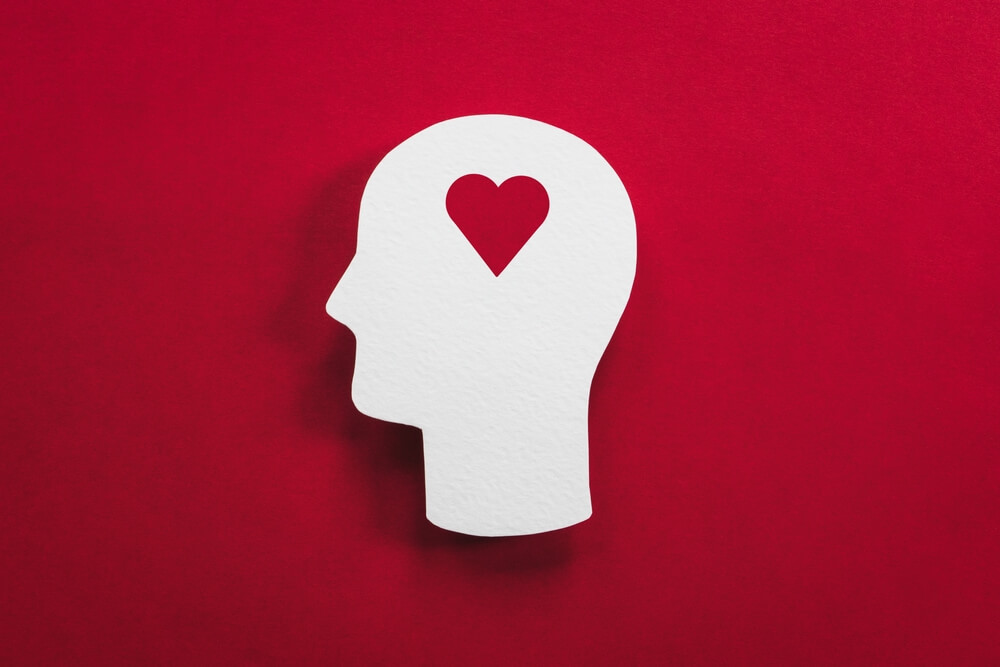
How Do I Stop Being Addicted To Love?
Breaking the cycle can be hard. You fear getting out of a relationship although it’s dysfunctional, yet you’re not receiving the love and support you need, which makes you crave all this even more, getting you further obsessed with your partner. It’s far too easy to find yourself caught in a downward spiral, finding it extremely hard to hit “rewind”. However, it’s not impossible. Here are several methods that can help you regain your self-control and begin healing from love addiction:
Acknowledge
Stop for a moment and observe the patterns of your behavior. Be completely honest about what you notice. Go over your relationships in detail, acknowledge if you have developed relationship dependency, and take steps to:
- Accept that the relationship is unhealthy.
- Recognize that reestablishing the relationship isn’t going to solve the problem.
- Refrain from convincing yourself that it’s going to be “different” the following time.
- Accept that the relationship is over.
- Quit hoping that an avoidant partner can change.
- Release the illusion you created.
Take A Break From New Relationships
Abstaining from a new romantic relationship for a while is a good idea. Focus on healing yourself first. Search for satisfaction within everything that you are instead of trying to find it in someone else. Start realizing that it’s not having a partner that makes you complete. In time, you can find security, power, and meaning within yourself. And this is easier said than done. Many people can’t stay OUT of a romantic relationship and be by themselves because the old wound of being abandoned is too hard to feel when they are alone. So, the cycle of picking relationships that are not healthy due to entering too quickly leaves people feeling very destabilized.
Become Aware Of Your Triggers
Focusing on your obsession with your prior partner will most likely make you feel miserable. Make an effort to rid yourself of any reminders of them. Remove their photos, store away (or give away) gifts, and muting them on social media is helpful. Coming across any of these will only cause more harm. Choosing to focus on positivity will help it expand. Best not to call their family and friends to “prove” your case.
Embrace The Present
Our minds easily wander off into the memories of past experiences or predictions of what could happen in the future. When these thoughts start to creep in, make a conscious effort to ground yourself in the here and now. Focusing on the present moment will help you alleviate anxiety, stress, and depression. It can help to stop what you’re doing and shift your focus to what you’re feeling, hearing, and seeing in the present moment.
Learn
Educating yourself on how to heal love addiction and all the pertinent aspects of it can help you understand the reasons why love has such an effect on you. Speaking to a professional can give you a deeper insight into the intricacies of this process and help you discover healthy coping mechanisms.
Foster Healthy Living & Relationships
Having support from your close family and friends is key. However, the most essential part of recovery is working on your relationship with yourself. Nurture yourself through eating healthy, exercising, doing fun activities, and make sure you’re surrounded by people who love you.
Seek Professional Support
Going through the process of healing from love addiction on your own can be challenging. Professional assistance can help you discover the triggers for your behaviors, identify causes, and teach you how to efficiently cope with unhealthy feelings or thoughts.
How To Get Over Love Addiction?
Learning how to heal from love addiction and facing the various challenges of overcoming it is a stressful process that can trigger a series of chemical reactions in your body, which eventually lead to the stage of craving. Successfully overcoming this feeling does take some time, as well as a lot of effort. However, once you’re there, your body will finally be able to rest, reaching a state of equilibrium. Taking the following actions can help you alleviate this phase:
- Engage in positive distractions, such as walking, meditating, gardening, or another healthy activity.
- Perform physical activities, for example jogging, biking, or hiking.
- Talk to a close family member or friend and tell them how you feel.
- Start a journal to release uncomfortable emotions, write about how exactly you feel and encourage yourself.
- Write a list of reasons why your addictive person/relationship is bad for you.
Healing love addiction isn’t easy. Yet, it’s worthwhile. Take one step at a time and steadily advance towards your goals through hope, perseverance, and self-discovery. Don’t think beyond today, take each day as it comes, and stay focused and committed to your journey to a healthier self.

Trust PIVOT To Help You Heal Love Addiction And Regain Power
PIVOT’s dedicated and experienced specialists are here to help you with how to heal from love addiction and finding the optimal path to healing and recovery. Our inspiring Glass House retreats and personalized coaching for individuals offer reliable and efficient methods of self-discovery that allow you to find your strength, value, and self-love deep within you.
We’ll work closely with you to guide you through your healing process with great care and compassion and teach you best ways to maintain healthy relationships. We’ll design solutions for your specific situation and goals. Get in touch with us today and embark on your journey of recovery!
